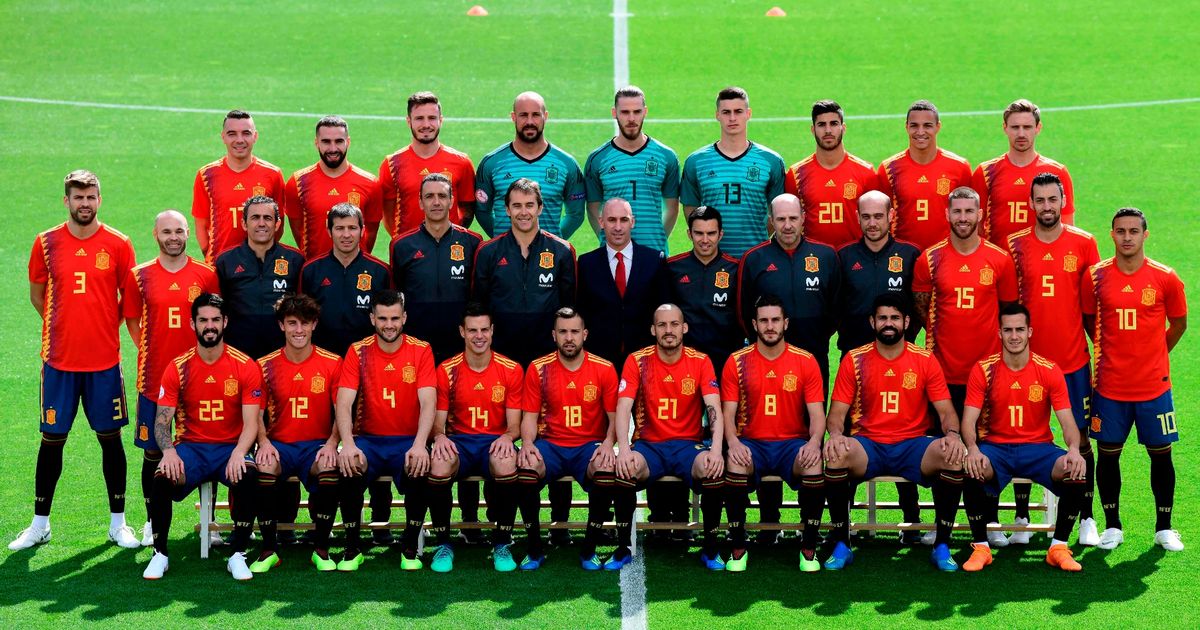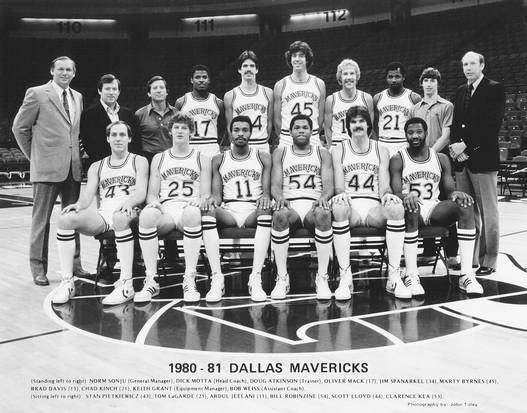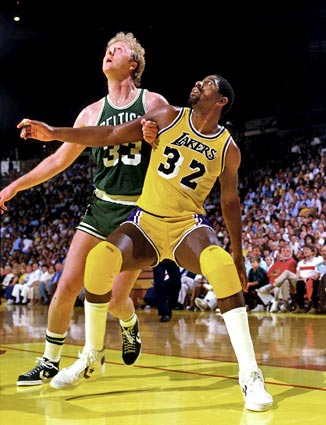When to tell an employee who resigns - 'No need to work your two weeks notice, just get out of here'
The World Cup kicks off today and in what can only be deemed a fantastic coincidence for the 'Sports and HR' blogosphere, the event has already provided us with an incredible story upon which to opine, one that fits the formula of 'Yes, it is a 'sports' story but it really is a workplace and HR story'.
In case you don't know what story I am referring to, it involves the head coach of Spain's team (one of the favorites to win the World Cup), getting fired from his post just hours before the event is set to start. Let's all get on the same page with the details of the story courtesy of reporting from ESPN.
Julen Lopetegui has been sacked as Spain's national team coach on the eve of the World Cup, one day after he agreed to take over at Real Madrid after the tournament.
In a news conference at Spain's training base in Krasnodar, Russia, Spanish federation president Luis Rubiales said Lopetegui's fate was sealed just two days ahead of the team's World Cup opening game, as Rubiales could not accept an Royal Spanish Football Federation (RFEF) employee having negotiated his next job without informing his employers.
"We have been obliged to fire the national coach," Rubiales said Wednesday. "We wish him the best, he has done an excellent job in getting us to the tournament. But the federation cannot be left outside the negotiation of one of its employees, and find out just five minutes before a public announcement. If anybody wants to talk to one of our employees, they have to speak to us, too. That is basic, as this is the team of all Spaniards. The national team is the most important we have; the World Cup is the biggest of all."
A lot to unpack there, but just to be sure the non-soccer readers get the important details, here is the gist of what went down.
1. Spain is one of the top teams in the world, has a great chance to make a deep run in the World Cup, and the coach, Julen Lopetegui has done by all accounts a great job, (unbeaten in their last 20 games), of getting the team ready for the tournament.
2. As is the case with many national team coaches, Lopetegui had planned to move on from coaching the national team once the World Cup was over. For top coaches like him, coaching at one of the world's leading clubs in the Spanish League or English League represents the pinnacle of the profession, (and is the most lucrative).
3. The Spanish League Club Real Madrid is the best club team in the world, have just completed winning the European Champions League for the third year in a row, and surprisingly found themselves in need of a new coach for next season, following the shock resignation of their coach.
4. Combine #2 with #3 above, and we arrive at Lopetegjui agreeing to become coach of Real Madrid at the conclusion of the World Cup.
5. See the reaction of the Royal Spanish Football Federation above upon learning this news. Essentially they said to Lopetegui, 'Thanks for the notice, but no thanks. Clean out your desk and hit the bricks.' Note, this 'Two weeks notice' is not the usual two weeks notice - it is the World Freakin' Cup, but the people calling the shots did not care. So on the eve the competition, Lopetegui is out.
So let's spin this story back around to the real world. I don't know for sure how it will effect Spain's performance in the tournament, and you probably don't care. But we do have employees, sometimes high profile and top employees resign all the time. So when should you let the resigning employee ride our their two weeks notice gracefully, and when should you pull a Royal Spanish Football Federation move and show them the door immediately?
I have three scenarios that line up with the Royal Spanish Football Federation position:
1. You find out the employee is leaving to go to work with a direct competitor. Leaving Coke to work for Pepsi. Leaving Lowe's to go to the Home Depot, that kind of thing. The sooner they are out of your office, off of your email, and out of your memory the better. Kind of an easy one. Real Madrid does not compete with the Spanish national team, so this one does not really apply here.
2. You're in an important, stressful period at your shop, and you get the sense that the lingering presence, and the impact the departing person might have on the team they are leaving behind present a risk that is not acceptable. This is the closest to a justification I can get for the Spain move. All of a sudden, all everyone wants to talk about is that the coach is leaving, and the focus on performing in the tournament becomes a risk.
3. You know the 'two weeks notice' is more or less a paid vacation for said employee, who may have checked out long before officially checking out. If you get the sense that almost no value will be derived from having the departing employee around, you are all better off just acknowledging that and letting them go as soon as possible. Again, probably not applicable in the Lopetegui situation, but stll one scenario that is pretty common in our world.
I am not sure how this HR move will work out for Spain, it was definitely surprising considering the timing and the importance of the World Cup. I guess we will know in a few weeks.
Ok, I'm out - have a great day!

 Steve
Steve

